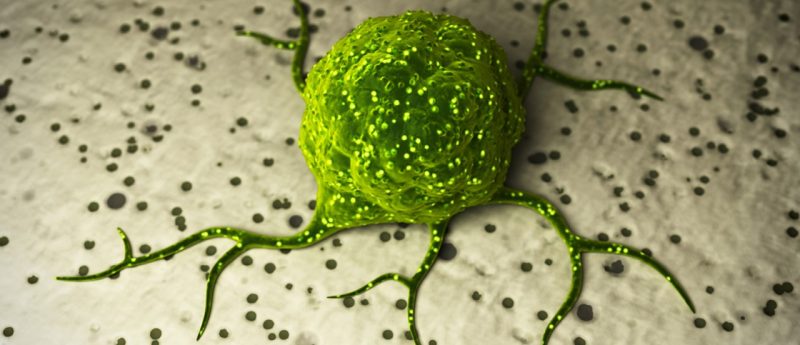Colorectal tumor management: can new biomarkers predict the most effective drug treatment?

A recent study published in Nature Communications has identified two biomarkers that could help clinicians to determine treatment responsiveness in individual colorectal tumors in bowel cancer patients.
This collaborative academic–industry research project was conducted by the international consortium OncoTrack, which aims to develop next-generation oncology biomarkers.
Previous research has cast uncertainty as to why only a fraction of patients with colorectal cancer respond well to treatment. Therefore, scientists have highlighted that it it is important to identify as much information about a patient’s molecular profile as possible, in order to select the most effective treatment based on the individual.
In these preclinical studies, researchers at the Charité University Hospital (Berlin, Germany) and University Hospital Graz (Graz, Austria) analyzed tumor samples taken from 106 patients diagnosed with colorectal cancer.
Studies identified biomarkers that could be used to determine the likely effectiveness of two drugs, cetuximab and fluorouracil, which are both commonly used for the treatment of colorectal cancer.
Until now, researchers have relied heavily on gene mutations for the selection of drug treatments against colorectal cancer. With the identification of these potential new biomarkers, scientists may now be able to use this knowledge to select the most effective drug therapy and therefore improve treatment outcomes.
CEO at Alacris Theranostics (Berlin, Germany), Bodo Lange, commented on these findings: “The study has revealed a number of exciting findings that have the potential to guide treatment decisions.
“The extensive molecular and drug sensitivity datasets generated within this study are a highly valuable resource. Our findings provide major new insights into the molecular landscape of colorectal cancer, including the identification of novel alterations, which can be further exploited for advancing understanding of this lethal tumor type and for personalizing therapies.”
Sources: Schütte M, Risch T, Abdavi-Azar N et al. Molecular dissection of colorectal cancer in pre-clinical models identifies biomarkers predicting sensitivity to EGFR inhibitors. Nat. Commun. doi:10.1038/ncomms14262 (2017) (Epub ahead of print); www.mpg.de/11044397/new-biomarkers-for-bowel-cancer-treatment





